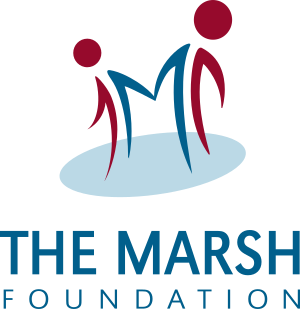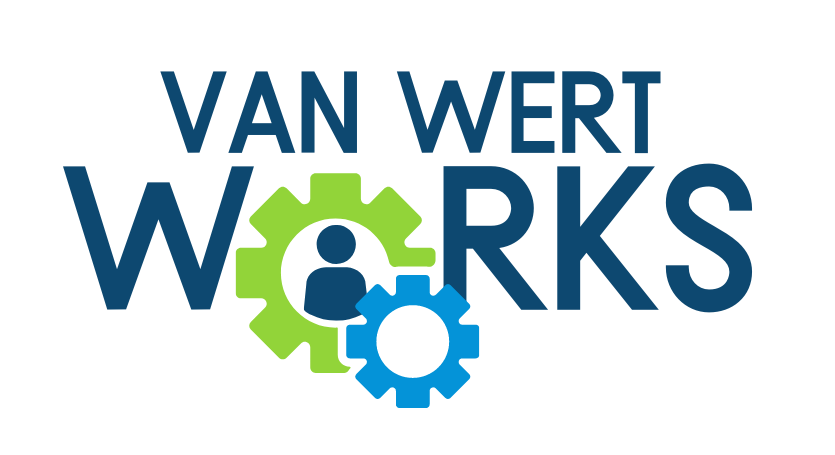
The Marsh Foundation
Van Wert, OH 45891
Equine Specialist
| General Job Description |
| The Equine Specialist will play a crucial role in facilitating therapeutic interactions between at-risk youth and horses, working closely with therapists, case managers, and the barn manager to create a supportive and healing environment. This may be achieved through careful planning, execution, and debriefing of therapeutic interventions. The role involves knowledge and understanding of various activities, including Equine Assisted Learning, to support the emotional, behavioral, and mental well-being of children served. |
| Essential Duties |
| · Match horses with participants based on their needs, ensuring safe and meaningful interactions.
· Provide education to participants about horse behavior, care, and grooming. · Collaborate with therapists to develop and implement personalized treatment plans for participants. · Work closely with the barn manager to ensure the well-being and proper care of therapy horses. · Participate in team meetings and contribute insights on participants’ interactions with horses. · Reports any concerns about participants’ well-being to the therapist and program coordinator. · Assist the barn manager in the daily care of therapy horses, including feeding, grooming, and turnout. · Collaborate with the barn manager to maintain a clean and organized barn environment, ensuring the comfort of therapy horses. · Recognize the wide-spread impact of trauma and implement a trauma-informed approach while providing treatment to youth and their families.
|
| Supervisory Responsibilities |
No supervisory responsibilities
| Responsibilities |
- Participates in required administrative duties such as staff meetings, required training/in-services, Q.A., etc.
- Foster an environment that supports the recovery of persons served
- The Equine Specialist is responsible for general equine management, including but not limited to:
o Feeding horses morning and evening (routinely)
o Daily turnout
o Monitoring the health of each horse daily
o Maintain documentation of health records for each horse
o Work with farrier, veterinarian, equine dentist, and other equine health service providers when administering services to horses
o General cleaning, mucking stalls, sweeping floors, and maintaining a clean and professional working environment
o General cleaning and maintenance of tack and equipment
o Checking the safety of stalls, paddocks, and pastures; communicating any maintenance needs to the barn manager and/or program director
o Communicate in a timely manner with barn manager and/or program director regarding the need to re-order feed, supplies, or other necessary items for replacement
o Other duties as requested by the barn manager
|
|
|
|
· Knowledge, understanding, and experience in working with horses and methodology of equine-assisted learning and psychotherapy. · Minimum of 3 years of experience working with horses, preferably in a therapeutic or educational setting. · Strong understanding of equine behavior, communication, and body language. · Excellent communication and interpersonal skills and the ability to collaborate effectively with therapists, barn manager, case managers, and other team members. · Ability to adapt and modify equine activities to meet the emotional and behavioral needs of participants. · Certification or training in equine-assisted therapy or a related field is a plus. · Equine-Assisted Learning Certified through Greg Kersten’s “O.K. Corral Series” is necessary upon employment. · Knowledge and experience using The Teaching Family Model is beneficial.
|
|
|
Physical Requirements, Working Conditions |
Work is physically moderate to heavy in nature, with limited travel requirements
The position may require working outdoors in various weather conditions.
Flexible work hours, which may include evenings and weekends.
Moderate to frequent activity of riding horses, walking across campus, working outdoors with youths, and climbing stairs in multi-floor buildings.
Stress/Pressure is moderate to heavy
Regularly undergo/pass a BCI record check as required.
A valid state driver’s license is required. Individual must be insurable by The Marsh Foundation’s insurance carrier
Moderate to high exposure to infectious diseases
Requires standing, walking, sitting, reaching, twisting, bending, lifting, stretching.
Requires normal range vision, hand-eye coordination, and manual dexterity.
|
Competencies |
Equestrian competencies
Collaboration Skills: open-mindedness, clear and thoughtful communication, organization, long-term thinking, adaptability
Basic writing skills
Excellent communication skills
Teamwork and coordination skills
Child and family advocacy
Average computer skills, Microsoft Office, Word, internet skills
Texting
Problem solving
Recognizes the wide-spread impact of trauma and implements a trauma-informed approach while providing treatment to youth and their families.
Ability to teach others
Pay is based upon education and experience and may be negotiable. Refer to the Personnel Policy Manual regarding benefits such as vacation, sick time, disability, etc.
